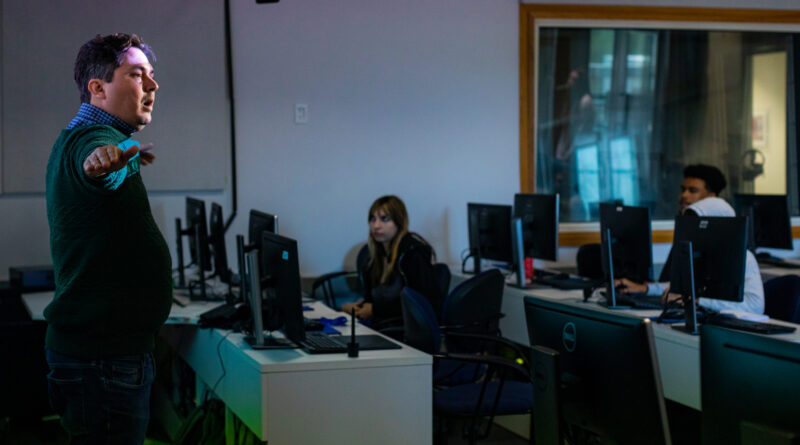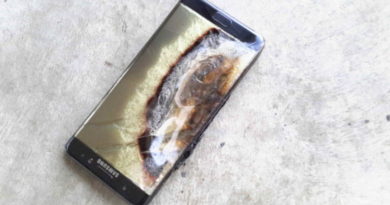Struggling in Class? Ask for Help!
Student and Professor Perspectives on Reaching Out for Academic Support
By Gabi Drobot, Staff Writer
Lynn students found that learning to advocate for themselves is a steep learning curve, but crucial for academic success.
When falling behind in class, reaching out to professors for help may be challenging due to fear of seeming unintelligent. However, some students are comfortable getting aid from their professors.
“As long as teachers establish openness and make connections with their students, I have not found it difficult to reach out for help,” said Todd Hayes, a junior biology major.
Some professors may be much more vocal about offering additional assistance for students who need it, but not all professors are the same.
“I always tell my students, I cannot help you if you do not tell me you are struggling,” said Dr. Tracy Baker, an assistant professor of psychology. “If I know what students are struggling with, then I am in a better position to help.”
Although reaching out for help for the first time may be a fearful moment, the worst response a student can receive is no help. If that is the case, at least the student advocated for them-self and can find alternative routes to help further understanding.
“Unfortunately, there are times students have life circumstances that impede their learning or attendance and never reach out, or if they do, they reach out too late in the semester where nothing can be done,” said Dr. Baker.
Ensuring students reach out as soon as a problem arises is crucial, especially with the four-week block schedule. Some students have not had trouble when it comes to reaching out for help, and this may be due to them being more extroverted or just understanding that nothing will change without assistance.“Coming to Lynn, I realized that if I did not advocate for myself, no one would,” said Madeline Bryant, a junior. “Every professor I have reached out to for extra help has always accepted me with open arms.”
There are many ways to reach out for help via email, during office hours, or after class. If asking face-to-face is too intimidating for the student, they can reach out through email first and see what their response is.
“[Professors] understand that they can seem intimidating to speak to, because even though it might be hard to believe, we were once students,” said Dr. Baker.
It is vital to prepare the questions needed to be answered by the professor to ensure conciseness.
Crafting questions will help the interaction be quick and seamless.
Being engaged in class, asking questions and reviewing course material can typically answer questions that may arise if a class is not attended.
“When you are struggling, let us know,” said Dr. Baker. “Help me, help you!”




